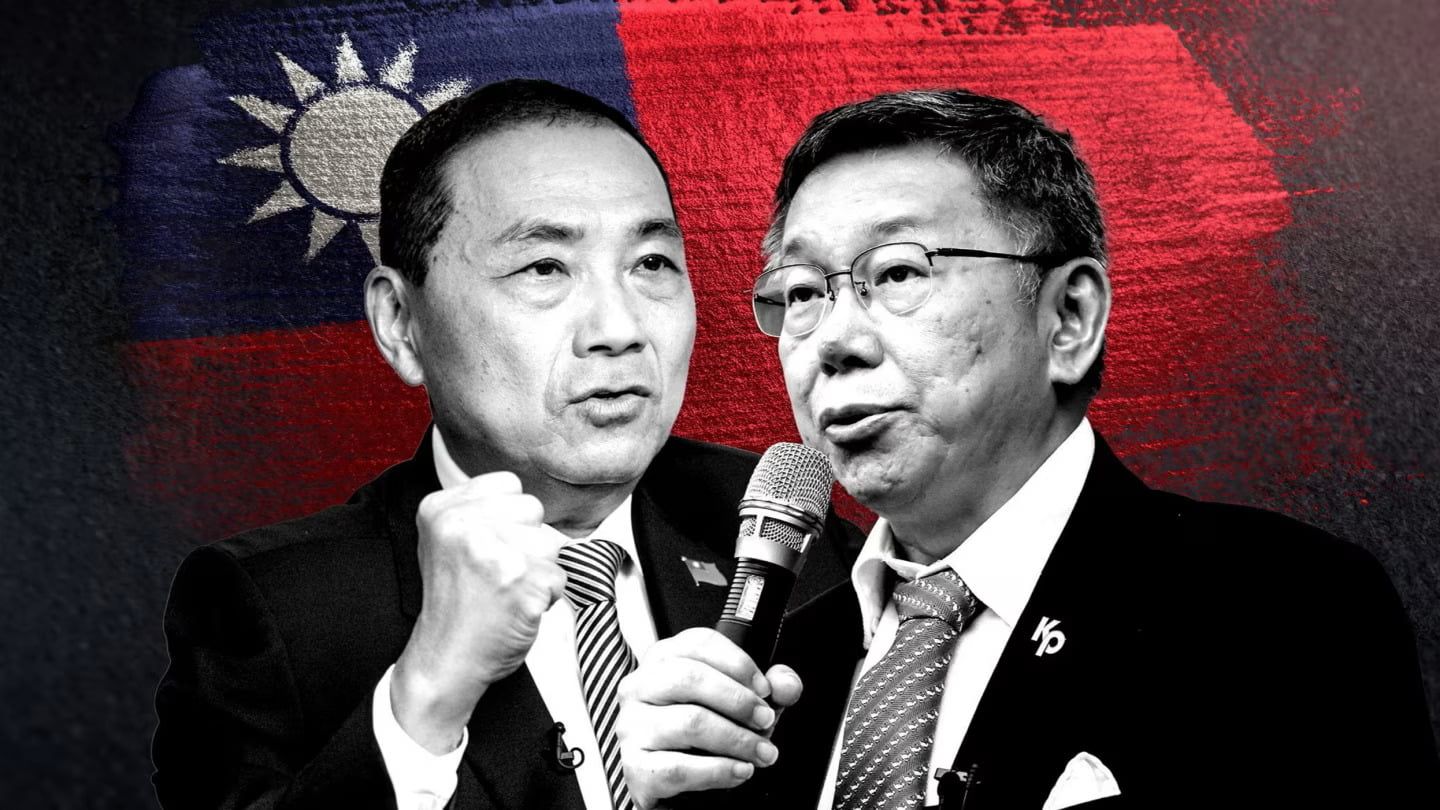In the 2024 Taiwan elections, where the Democratic Progressive Party (DPP) secured another victory with Vice President William Lai Ching-Te assuming the presidency, Beijing faces the challenge of navigating its relations with Taipei. It is imperative to analyse how Beijing can portray its dominant presence as a way forward in the Taiwan Strait and turn the scenario in its balance by considering voting patterns, factors influencing the election, and the international perspective involving Beijing, Taipei, and Washington, D.C.
The election results signify the continued dominance of the DPP, prompting the island to reaffirm its stance on sovereignty. To understand Beijing’s potential strategies, it is crucial to delve into the voting patterns and factors that influenced the outcome. The DPP’s victory, with a 40.05% plurality and a turnout rate of 71.86%, shows a shift in Taiwanese politics.
Notably, this election marks the first time since 2000 that a winning candidate obtained less than 50% of the vote, highlighting the increasing polarisation in Taiwanese politics. The DPP’s strategy, the choice of Hsiao Bi-khim, Taiwan’s representative to the United States, as Lai’s running mate underscores the importance of Taiwan’s relationship with the U.S. This move can be interpreted as a strategic nod to strengthen ties with Washington, a factor that could influence cross-strait dynamics.
All the views and opinions expressed are those of the author. Image Credit – Financial Times.

Kondaraju Sandeep Royal is a research consultant at the Phadke Journal of Strategic Studies (PJSS), the research division of The Viyug. He holds a Master of Arts (MA) in Politics and International Relations from Pondicherry University. He completed Bachelor’s degree in Political Science from CHRIST (Deemed to be University).



